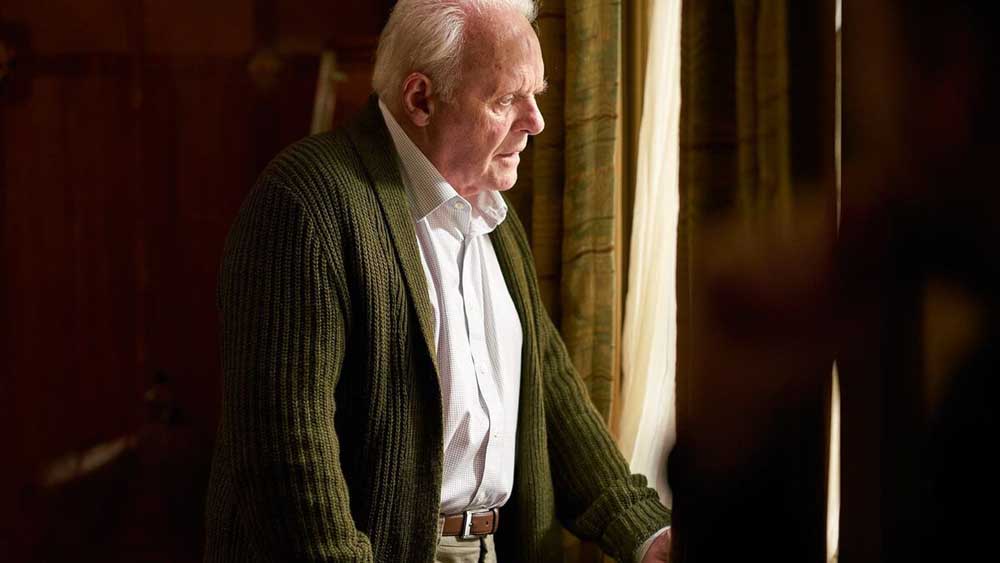Movie review: ‘The Father’
Published 2:00 pm Wednesday, April 21, 2021

- Anthony Hopkins in a scene from “The Father” (2020).
“The Father” is one of those beautiful films that captures the heartbreaking reality of a situation so well that you will probably never want to watch it again. Based on director Florian Zeller’s stage play “La Père” and adapted by Zeller and Christopher Hampton, the film follows a man in his late 80s named Anthony (Anthony Hopkins) as his mind deteriorates from dementia.
We see the world through Anthony’s eyes, the heartbreaking confusion associated with the disease, we see his daughter, Anne, appear as Olivia Coleman then as Olivia Williams and back again, we see scenes take place out of order so the viewer is fully immersed in the way his mind is working.
Trending
The film starts with a visit from his daughter who brings him his groceries and checks in on him after he has berated his home care worker and accused her of stealing his watch. She then happily tells him of her plans to move to Paris with a Frenchman she met.
Then Anne is suddenly gone, and we see Paul (Mark Gatiss), Anne’s husband, whom Anthony doesn’t recognize, and we are met with the idea that this may not be Anthony’s flat.
It’s not until about 20 minutes in that we see some semblance of linear storytelling when we focus on Anne for a moment.
Anthony awakens one morning to find the flat’s layout has changed around him. Anne interviews another caregiver, Laura (Imogen Poots), whom her father charms with dripping charisma before changing on a dime to a more cruel and petty demeanor, leaving Anne in tears.
We then shift back into Anthony’s perspective as he relives previous scenes, this time with the real Anne and Paul. We see jumps in time and place, and we are constantly pulled alongside him as pieces of his mind are slowly lost to the disease.
If you have had any kind of connection to watching loved one slowly lose themselves to dementia, it is hard to watch it unfold on screen in any capacity. What “The Father” does, and does extremely well, is tell its story through the mind of the person losing it. Editing scenes together in such a way to create a quiet chaos that is going on in Anthony’s mind.
Trending
It also benefits from two incredibly strong performances from Hopkins and Coleman who work through the ebbs and flows of Anthony’s changes in behavior and his paranoia as well as the heartbreak that both of them feel.
Hopkins delivers a career best in a lifetime of remarkable roles, and Coleman wears every emotion — grief, annoyance, exhaustion, guilt and overall sadness — on her face, often all at the same time. You recognize everything immediately.
The script is tight and deeply in line with its theatrical roots, with little to no exposition adding to the confusion factor and allowing the audience to try and make sense of it all on their own.
Zeller uses the camera so effectively, allowing the actors to use their full range of emotions and reactions together, that it makes it that much more real. He also utilizes color and tone in the set so well, going from warm and rich mid-century styles to a cooler modern look and finally a cold sterility with light just out of reach.
Even though I will sing its praises, I never want to watch the film again. It’s too real at times, and even in the course of writing this review I found myself sobbing onto my keyboard — as I have seen family members lost to this disease in my own life.
While it is devastating to be reminded of those times, I would counter “The Father” gives an alternate perspective on this situation and does it with such grace that it may offer you catharsis, knowing that you were not alone.
“The Father”
97 minutes
Rated PG-13 for some strong language and thematic material.
4 stars








